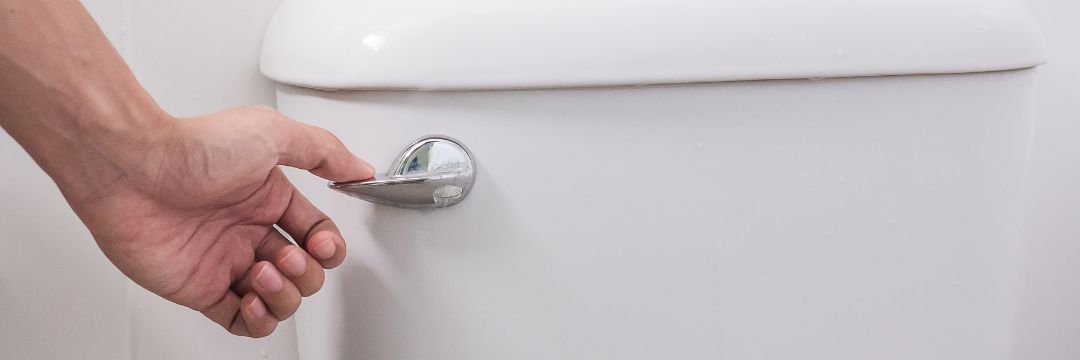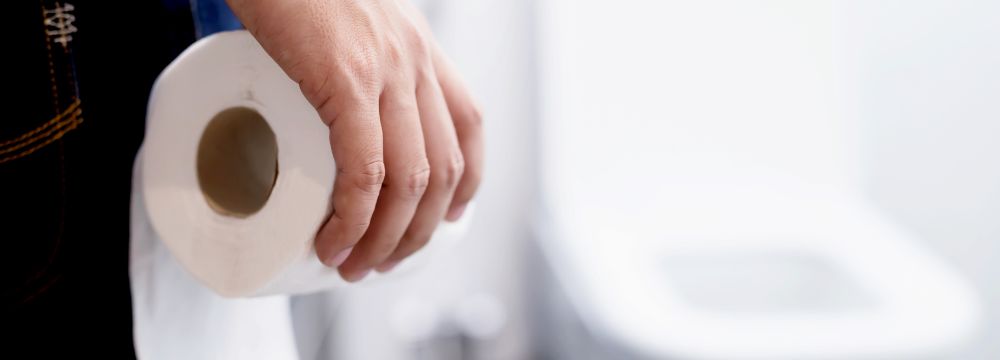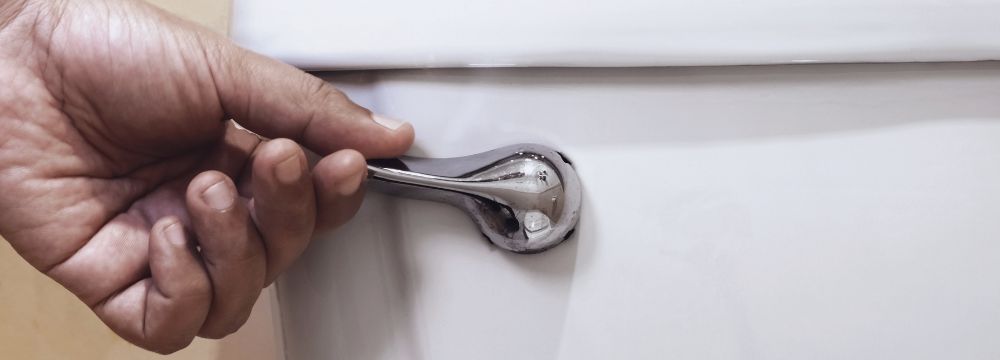Urinary incontinence, which refers to the accidental passing of urine, affects approximately 3 to 11 percent of men in the United States.
Urinary incontinence can either be temporary or persistent. Temporary incontinence can be caused by lifestyle factors, such as certain medications like diuretics, antidepressants, and narcotics, and drinking too much alcohol. Persistent urinary incontinence, however, is a symptom of an underlying medical problem. Prostate cancer, overactive bladder due to benign prostatic hyperplasia (prostate enlargement), and neurological disorders are some of the possible causes of persistent urinary incontinence.
Whatever the cause of your incontinence, it helps to learn how to effectively manage it to prevent dehydration, which can lead to serious complications. Check out these simple strategies to help you take full control of your leaky bladder and reduce your risk of dehydration.
Drink enough water—and do so even before you get thirsty.
The recommended daily water intake varies from person to person, but generally, it is 2 liters or approximately eight 8-ounce glasses.
The color of your urine can give you clues as to how well-hydrated you are: a close-to-clear color indicates proper hydration, while a deep amber or light brown color means dehydration.
Always make sure to stay hydrated especially during hot weather or after doing a strenuous activity.
Keep a journal.
It is encouraged that you keep a diary to identify triggers for incontinence. Record how much fluids you had and also whether you had a leakage. This will help you establish a plan.
Avoid excessive fluid intake before bedtime.
Excessive fluid intake can apparently exacerbate your incontinence issues. Lessen your fluid intake as you get closer to bedtime to prevent this.
Stick to water.
Caffeinated, carbonated, and sweet drinks can irritate the bladder and make you urinate more. Alcohol, too, can cause dehydration and irritate your bladder as it can increase the acidity of your urine.
If you’re trying to find a balance, listen to your body. Drink if you are thirsty, and stick to water.
See a urologist.
Persistent urinary incontinence warrants a visit to a urologist, who specializes in the diagnosis and treatment of disorders of the urinary system.
Your urologist will perform a thorough evaluation in order to devise an effective treatment plan, which can help address the root cause and manage incontinence.
Do Kegel exercises.
Kegel exercises are not only for women, they are also applicable to men. Kegel exercises can help strengthen your pelvic floor muscles, which support your bladder and bowel.
Your urologist can teach you how to locate the correct muscles and understand the proper way to perform Kegel exercises.
Urinary Incontinence Treatment in Mint Hill, North Carolina
If you are finding urinary incontinence issues too difficult to manage, reach out to us at Carolina Urology Partner for a consultation with Dr. Richard Natale, our men’s health expert. Dr. Natale offers a number of nonsurgical and surgical treatment options for urinary incontinence: penile clamps and external catheters; artificial urinary sphincter and urethral sling, respectively.
Take full control of your urinary incontinence issues. Schedule an appointment with Dr. Natale now. Call our urology clinic at (704) 786-5131 or use our online appointment request form.





